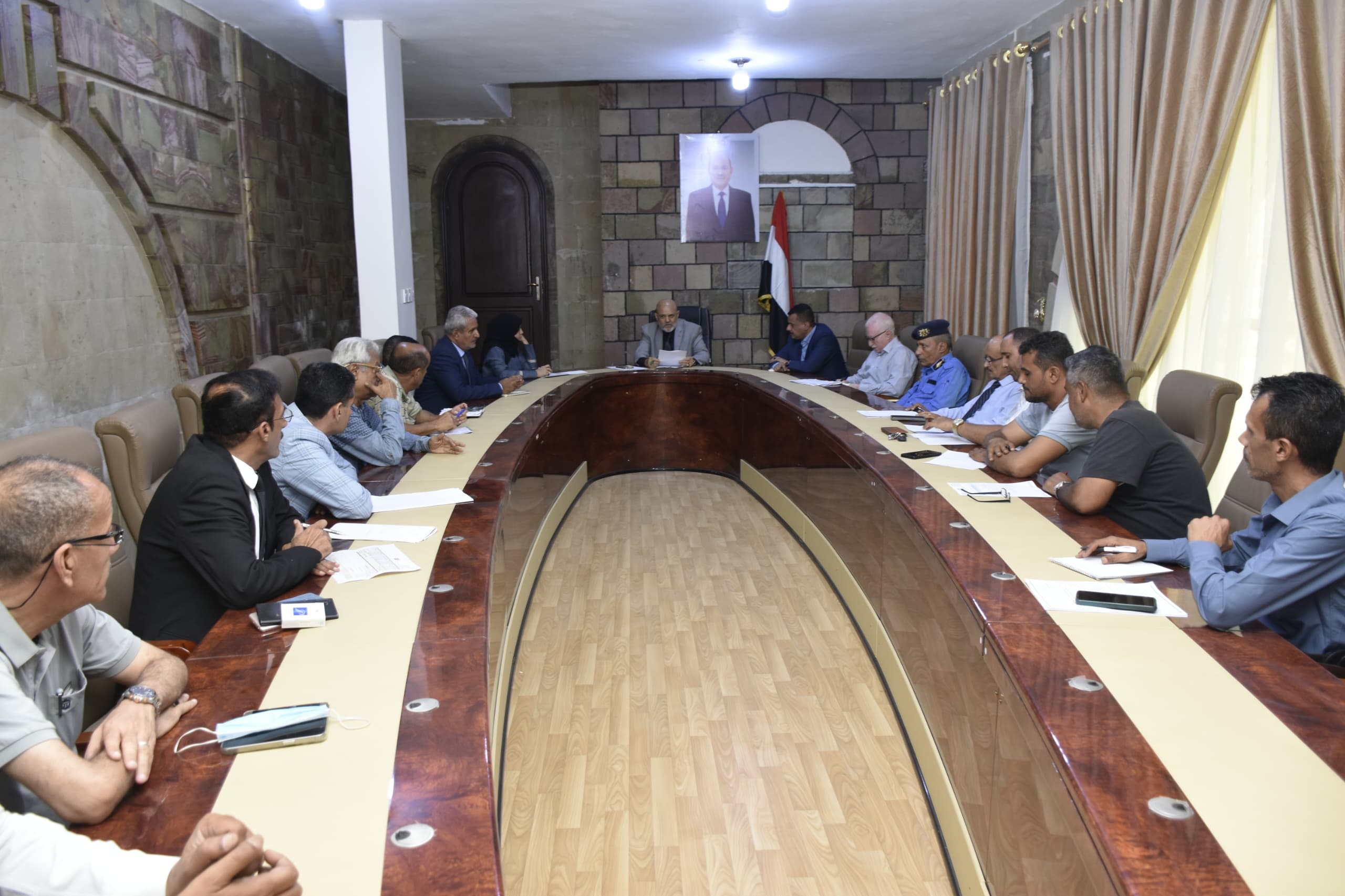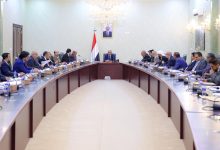The Taiz governor discusses the emergency committee’s report to address the water crisis.

Governor of Taiz Addresses Water Crisis in Urgent Meeting
Meeting Overview
Today, Governor of Taiz, Nabil Shamsan, convened a significant meeting with the Water Authority management and the Emergency Committee. The meeting included key officials, such as Deputy Governor Engineer Rashad Al-Akhali, Aref Jamal, Engineer Mohaib Al-Hakimi, and Dr. Ilan Abdul-Haq.
Discussion on Water Shortage
The primary focus of the meeting was to address the severe water crisis affecting the city. Recent drought conditions and a notable decrease in well productivity have exacerbated the situation.
Action Plan Presentation
During the meeting, Deputy Governor Rashad Al-Akhali presented a detailed report outlining urgent measures to alleviate the crisis. The report included a comprehensive plan based on several key strategies. This plan aims to establish full control over all water sources in the city and the surrounding Dabab area. It encompasses both public wells managed by the authority and private or commercial wells.
Comprehensive Water Assessment
The plan involves a thorough inventory of all wells to assess available water quantities and compare them with the city’s actual needs. A clear mechanism for prioritizing water distribution will also be established.
Prioritization of Water Use
Under the proposed plan, the highest priority will be given to drinking water and household use, followed by service facilities, and then other commercial uses.
Price Regulation and Consumption Management
Governor Shamsan emphasized the need to regulate water prices and establish fair pricing based on actual operational costs. This measure aims to prevent exploitation and ensure that citizens receive water at reasonable prices. He directed the Water Authority to promote water conservation through its networks, repair leaks to minimize losses, and implement a metering system for fair and transparent distribution.
Mandatory Recommendations
The meeting concluded with a series of binding recommendations for relevant authorities. These include designating wells in the Dabab area exclusively for drinking water and requiring the Water Authority to operate filling stations to meet the needs of areas not connected to the network. The recommendations also called for strict oversight of all water sources to ensure compliance with established prices and priorities, as well as exploring new water sources in neighboring districts as sustainable solutions to the city’s water deficit.
For further details, visit the original article here.
To follow the news in Arabic





